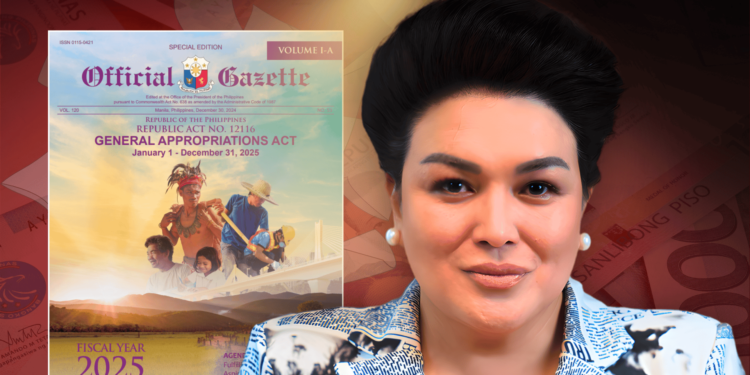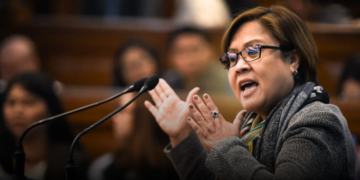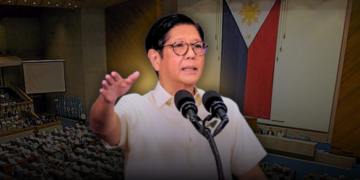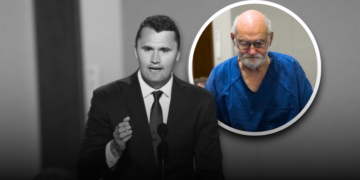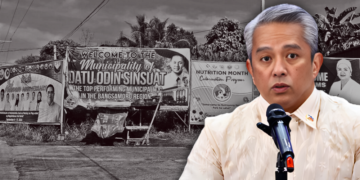In the latest episode of PGMN, Atty. Regal Oliva—a lawyer, public finance expert, and one of Cebu’s most influential personalities—echoed what several political figures, including former Senate President Franklin Drilon, have previously said: that the 2025 General Appropriations Act (GAA) is “the most corrupt budget in Philippine history.”
According to Atty. Oliva, the budget process begins with the National Expenditure Program (NEP), prepared by the Department of Budget and Management (DBM) and submitted by the President to Congress. The NEP outlines proposed funding for sectors such as education, health, infrastructure, and social services. Once submitted, it becomes the General Appropriations Bill (GAB), which undergoes committee hearings and debates in the House of Representatives.
Watch the full episode here:
Under the Constitution, all money bills must originate from the House before being transmitted to the Senate, where the Senate Finance Committee, chaired by Senator Grace Poe, conducts its own review and proposes amendments. When the two chambers pass different versions of the bill, a bicameral conference committee—composed of members from both the House and Senate—reconciles the differences. Atty. Oliva notes that this stage often becomes the venue for significant changes, including insertions and realignments, which can alter fund distribution without clear public scrutiny.
She also highlights the role of the “small committee” within the House, a group authorized to finalize amendments after the second reading. Although allowed under internal rules, it enables last-minute adjustments that bypass open deliberation. Reports have linked high-ranking lawmakers to this process, though most have denied involvement.
Once the reconciled version is approved by Congress, it is transmitted to Malacañang, where President Bongbong Marcos exercises his line-item veto power under Article VI, Section 27(2) of the Constitution. This allows the President to remove specific provisions without rejecting the entire budget. In the case of the 2025 GAA, the President vetoed certain items but retained many large allocations for infrastructure and flood control projects.
Atty. Oliva references landmark Supreme Court rulings such as Belgica v. Executive Secretary (2013)—which declared the Priority Development Assistance Fund (PDAF) unconstitutional—and Araullo v. Aquino (2014), which struck down the Disbursement Acceleration Program (DAP). Despite these precedents, she points out that similar practices have continued under different forms, including pre-enactment insertions and selective funding releases.
The episode outlines how corruption can manifest at every stage of the budget process—from proposal and legislation to fund release and implementation—through mechanisms such as selective allocations, padded projects, and questionable disbursements.


